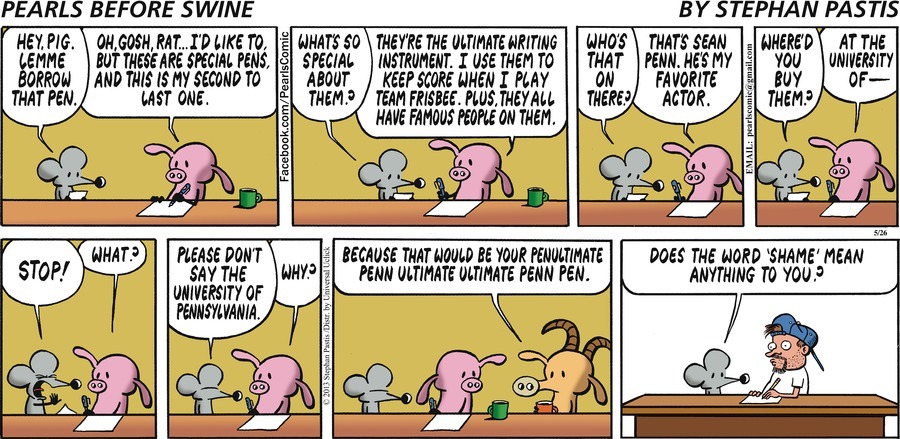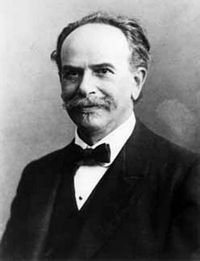The following is a guest post by Richard Sproat:
Regular readers of Language Log will remember this piece discussing the various problems with a paper by Rajesh Rao and colleagues in their attempt to provide statistical evidence for the status of the Indus “script” as a writing system. They will also recall this piece on a similar paper by Rob Lee and colleagues, which attempted to demonstrate linguistic structure in Pictish inscriptions. And they may also remember this discussion of my “Last Words” paper in Computational Linguistics critiquing those two papers, as well as the reviewing practices of major science journals like Science.
In a nutshell: Rao and colleagues’ original paper in Science used conditional entropy to argue that the Indus “script” behaves more like a writing system than it does like a non-linguistic system. Lee and colleagues’ paper in Proceedings of the Royal Society used more sophisticated methods that included entropic measures to build a classification tree that apparently correctly classified a set of linguistic and non-linguistic corpora, and furthermore classified the Pictish symbols as logographic writing.
But as discussed in the links given above, both of these papers were seriously problematic, which in turn called into question some of the reviewing standards of the journals involved.
Sometimes a seemingly dead horse has to be revived and beaten again, for those reviewing practices have yet again come into question. Or perhaps I should in this case say “non reviewing practices”: for an explanation, read on.
Read the rest of this entry »




